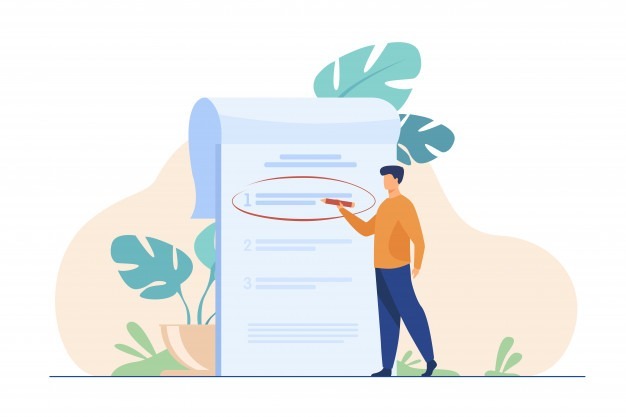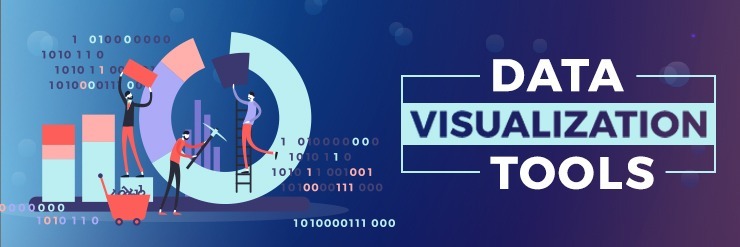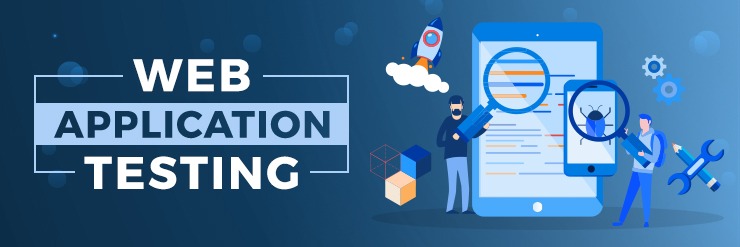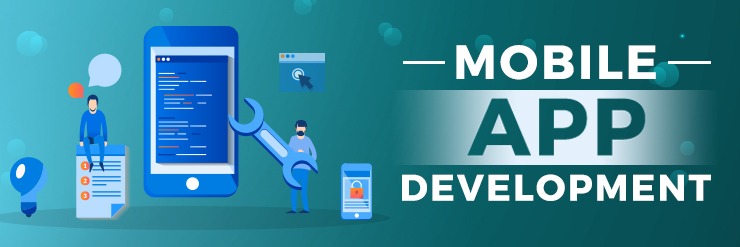Mobile app development starts with a strong beginning, whether you have an entrepreneurial drive, or you have come across a real-life problem that needs to be fixed with the launch of a reliable mobile app. For building a successful mobile app, the beginning, process, launch, and post-launch need to be on point. Typically, the following are crucial phases of a successful mobile app development process.
Requirement Analysis
A requirements analysis should result in a simpler interpretation of the result of the whole development process. It needs to ensure that you and the developer are on the same page. A requirements document describes how you see the result of the development process, thus making sure that you and the developer are on the same page.

Visual Prototyping
The mobile app development process undergoes visual prototyping that refers to the practice of creating a model that enables investors or entrepreneurs to figure out how the real product will be in terms of design and functionality. A visual prototype of a mobile application may include elements like color combinations, graphics, fonts, interface, and the look and feel of other features like menus, forms, calls-to-action, and more.
Technical Feasibility Testing
Technical feasibility testing is a term used for a comprehensive evaluation of technical requirements in a mobile or web app development project. It covers the implementation plans, development approach, roadmap, legal and social consideration, and timescale.
The following are the significant evaluations in mobile app technical feasibility testing.
- Is this technically possible to develop an app like this?
- How can we achieve it in the best possible way?
- Are we capable of (in terms of resources, capital, or technology) achieving the results?
The results from feasibility testing should cover required skills, available technologies, deployment, management and support, integration into back-end systems, and scalability.
Prototype Building
Wireframes can be turned into a basic prototype so that it can be shared with the target audience, colleagues, friends, peers, seniors, and subordinates, to help with the feedback on the app. this way, you can test your product and receive initial feedback on it.
There are several prototyping tools available that can be used for creating prototypes. One of the most common app for prototyping is Invision. The app is easy to use and access to basic prototypes.
Prototyping not only makes your app more real for clients, investors or entrepreneurs, but it also enables your developers with a better sense of the desired UX and helps your quality assurance team to figure out what it would be like to use the app.

Designing & Development
The next step moves to write code for your app. A team of UX designers builds interaction between design elements. Simultaneously, the group of UI designers, work on building the interface of your app. This is a complex phase of the mobile app development process that requires the involvement of different teams with several review stages.
The time and energy that is required for this phase depend on your project scope and app budget. The design phase can be completed in a few hours or might take days to achieve the final picture.
The development phase typically begins early. Once the idea wiggles into a matured concept of the app, a visual prototype and wireframe are developed, which translates into assumptions, functionality, and an understanding of the scope of work.
Later, the development progresses, and the app goes through a few more stages. After the bug-fixes and testing stages, the app generally moves to the deployment phase, where it is ready for launch.
Flexible Agile Methodology
If the mobile app development project is complex where requirements may be changed shortly, agile methodology is recommended to use. It is flexible and helps in planning periodically. The agile method supports progressive development, early deployment, and persistent improvement in the project. So, a big project can be divided into smaller tasks, and an agile development approach can be applied to those smaller modules.

Performance Check
Testing and performance check needs to be done throughout the development process. Therefore, it is recommended to start testing early and unceasingly. This would help reduce the overall cost of the project. If you put a delay in the testing process, it will make the testing more expensive. And the more you delay it, the costlier it becomes to fix bugs. Also, refer to the original design and development documents while building test cases as it will make the process straightforward and comprehensible.

Moreover, the beta trial holds significant importance in the mobile application performance testing process. The feedback you receive from beta users contributes a lot to bring improvements in the app features and model as it helps you to figure out if the app is performing well in a real-world situation.
Post-Launch Support & Maintenance
When your app is finally ready to submit for a launch, give it a good re-start. Launch your app formally. Where the development process ends, post-launch support, marketing, and app maintenance begin. So, the launch can be a junction of these two phases for a mobile app life-cycle.
So, App development doesn’t end at launch, but it takes a different beginning where your app gets in the hands of users resulting in feedbacks and reviews. Therefore, you will have to incorporate those feedbacks into the future edition of the app.
Moreover, every app needs updates and new features with time. You should make sure that you have the right resources to maintain and support your product. Keep in mind that building a mobile app is a long-term commitment, and the commitment grows with the growth of your app.
Final Verdict
Appverticals is a reliable mobile app development company in Dallas, and we are driven to deliver quality products that bring validated results meeting the client’s business needs.
From conceptualization and requirement analysis of the app to post-launch maintenance, we ensure to deliver an experience to our clients that is enduring and makes the business journey smooth and productive.
Looking for an app for your business or have an idea that is filled with the potential of growth and success? Connect with Appverticals and get in the path to achieve your business success today!







